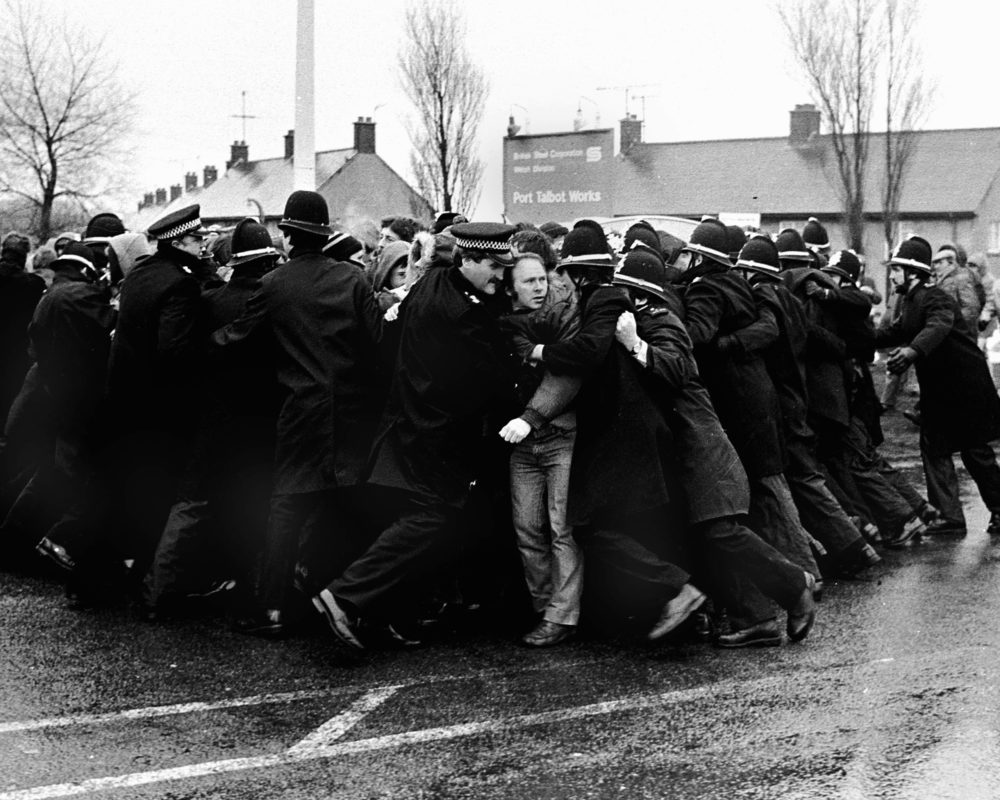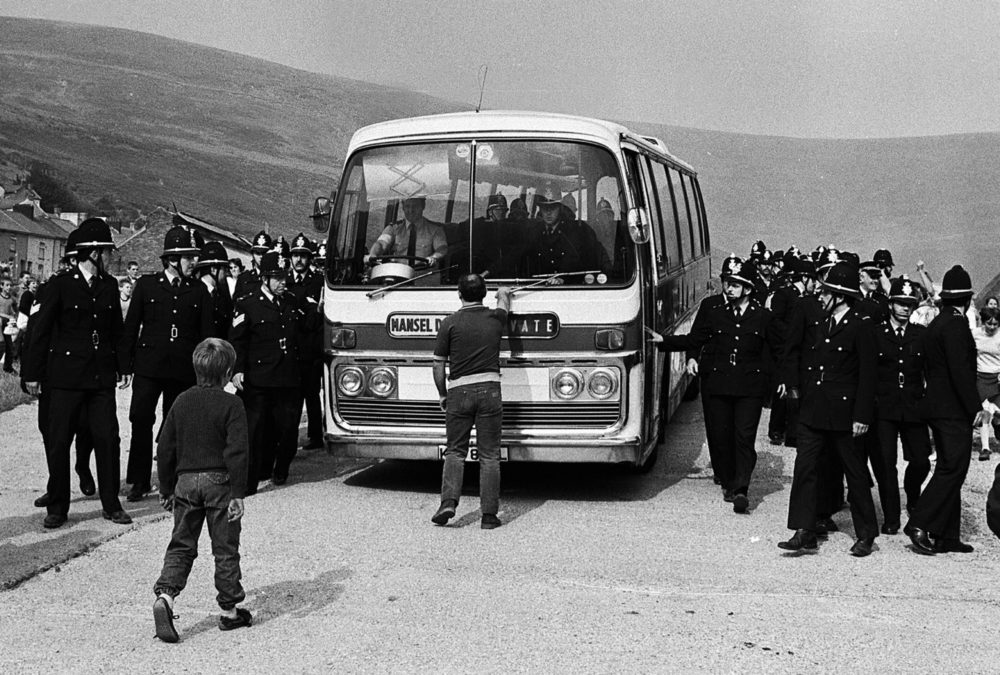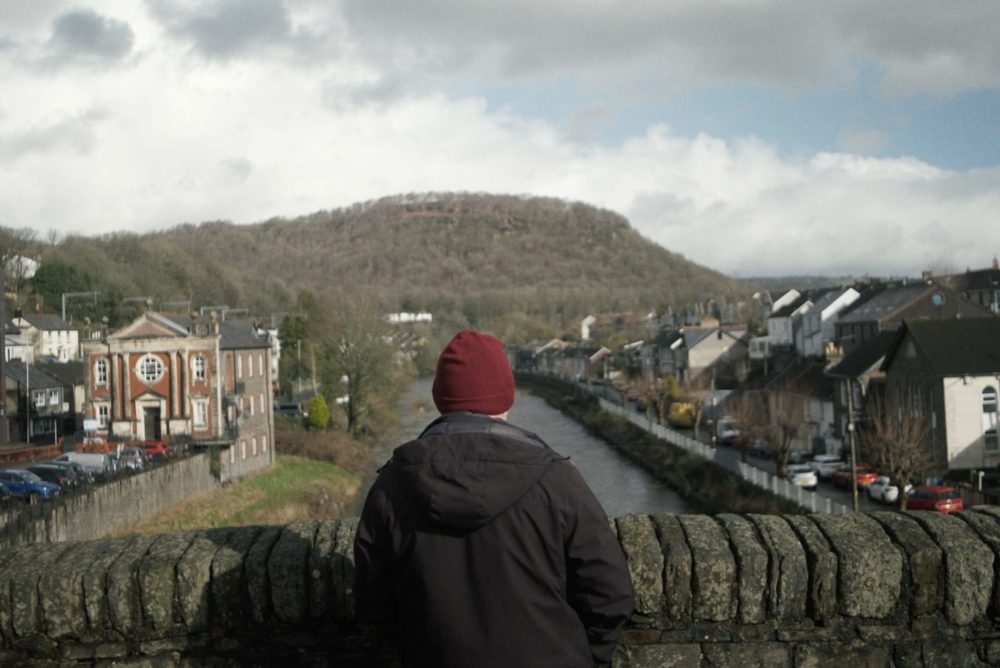Coalfield communities held back by lack of quality jobs

Credit : Richard Williams Photography
A new report released today (23 April) has found that forty years after the Miners’ Strike began many former coalfield communities still face a shortage of quality jobs.
The State of the Coalfields 2024 is the third report commissioned by the Coalfields Regeneration Trust (CRT) from the Centre for Regional Economic and Social Research at Sheffield Hallam University, following studies in 2014 and 2019.
The report found that although there has been substantial job growth in the former coalfields, the rate of growth has been far slower than in the main regional cities.
The most recent figures show that in the former coalfields there are only 57 employee jobs for every 100 residents of working age, compared to a national average of 73 jobs per 100, and 88 per 100 in the main regional cities.
Job shortage
The shortage of local jobs means that many coalfield residents are now having to commute to neighbouring towns and cities.
The quality of jobs in the former coalfields is also below the standard in other areas. More than half of employed residents work in manual jobs. Average hourly earnings are 6-7 per cent below the national average.
In some parts of the country, warehousing has become a dominant employer and now employs 175,000 people in the former coalfields – almost as many as the coal industry itself just prior to the 1984/5 strike.
Overall, the report argues, these changes mean that many of the young and better qualified are having to move away from the communities in which they grew up to seek better opportunities elsewhere.
This leaves a population in the former coalfields which is generally older and in poorer health, with 7 per cent of all residents saying their health is ‘bad or very bad’ and more than 10 per cent claiming disability benefits.
In total almost 600,000 coalfield residents – one in six of all adults of working age – claim out-of-work benefits of one kind or another.

Credit : Richard Williams Photography
Professor Steve Fothergill, co-author of the report, said: “Britain’s coalfields have moved on since the job losses of the 1980s and 90s. There has been substantial progress in new job creation and the former coalfields have emerged with new roles in local and regional economies. But the full benefits of job growth have not always filtered through to local residents, leaving behind many people and communities.”
The report finds that if brought together the former coalfields would likely be the most deprived region in the UK. Therefore, the Coalfields Regeneration Trust is calling on governments across the UK and leaders in coalfield communities to do more to support economic growth in former coalfield communities to enable these areas to reach their full potential.
The Coalfields Regeneration Trust is working to tackle the issues identified in State of the Coalfields 2024 through its community wealth building model. It builds industrial units for SMEs to generate jobs and economic growth in former coalfield areas and then uses the rental income to fund charitable programmes to tackle economic and social issues. The CRT is also funded by the Scottish and Welsh Governments in Scotland and Wales.
The Coalfields Regeneration Trust asks political decision makers to work with the CRT and the 700+ grassroots community organisations we partner with in order to tackle these issues once and for all.
“Concerning”
Linda McAvan, Chair of the Coalfields Regeneration Trust, said: “We are seeing positive steps towards improving the economy in the former coalfields – however it is concerning that our progress is slower than in other parts of the country.
“We know that the issues affecting coalfield communities around low quality jobs, lower wages and poor health can be tackled and the Coalfields Regeneration Trust is playing its part in addressing these issues.
“We are keen to work with political decision makers at all levels so that we can enable our communities to reach their full potential.”

Alex Davies-Jones MP, Chair of the Coalfield Communities APPG said: “With this year marking the 40th Anniversary of the Miners’ Strike, this report could not be more timely.
“As the MP for Pontypridd, the reports’ finding that employment and shortfall was most prominent in South Wales is most concerning. Research is central to rebuilding these former coalfield areas and so I believe this report is truly a pivotal moment for our regeneration agenda.
“The CRT do fantastic work to breathe opportunity and life back into these areas – they can count on my full support.”
Support our Nation today
For the price of a cup of coffee a month you can help us create an independent, not-for-profit, national news service for the people of Wales, by the people of Wales.





